Biofuels Supply and Trading
Targray’s Biofuels supply business is an international leader in the sourcing, transportation, storage, trading and distribution of biodiesel, renewable diesel and renewable fuel feedstock.
Supported by our vast network of managed rail cars and terminals, we create biofuel energy solutions to meet the growing global demand for low carbon transportation fuels. Our fuel programs help retailers, distributors, traders and refineries become more profitable while creating a more sustainable economy for future generations.
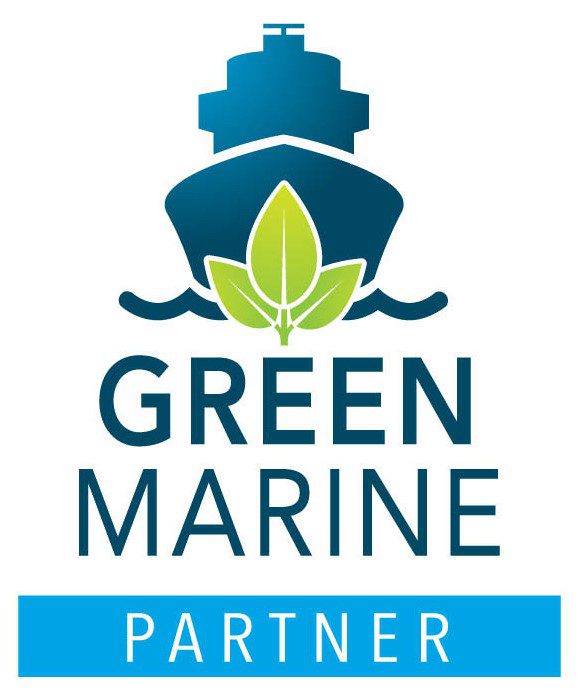
Our Solutions
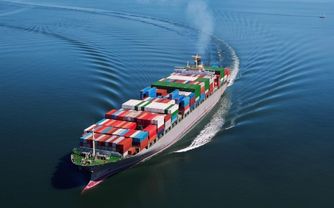
International Exports
Our international supply agreements with manufacturers enable us to deliver global procurement efficiencies for customers.
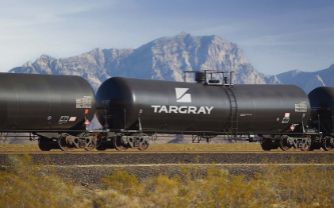
Turnkey Supply Solutions
We combine our biodiesel supply capabilities and compliance expertise to create turnkey blending solutions for distributors and retailers.
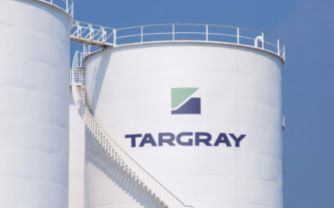
Biofuels Trading
We procure fuel from the lowest-cost producers and efficiently move it to retailers and truck stops in under-served markets.
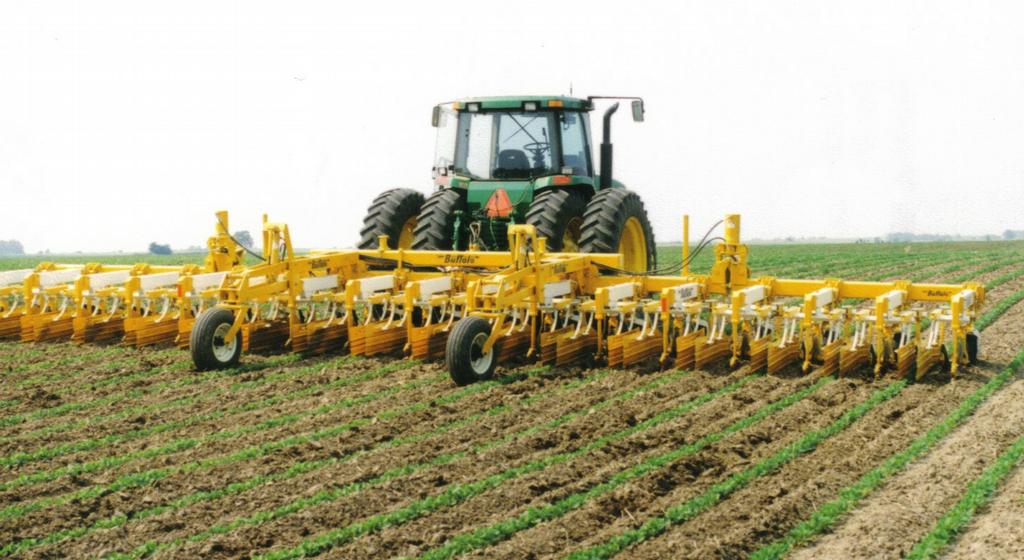
Feedstock Marketing
Key distribution agreements with feedstock suppliers enable us to effectively meet the raw material requirements of biofuel producers.
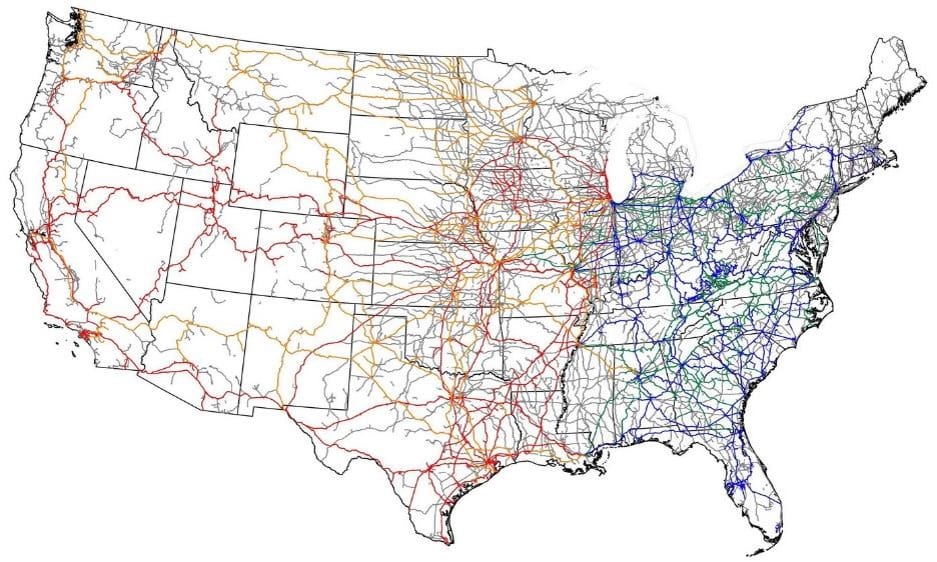
U.S. Distribution
We operate one of the largest and fastest-growing renewable fuel supply and distribution networks in the United States.

EU Distribution
Our Geneva-based trading business creates innovative supply solutions for EU commodity traders, brokers, distributors, and fuel retailers.
About our Biofuels Business
Targray’s renewable fuels business is one of the largest and fastest-growing international suppliers of bio-based fuel and feedstock materials.
With over 30 years of experience in international trade and wholesale distribution, we are well-positioned to support the biofuel requirements of industry participants across the supply chain.
How are Biofuels Made?
Pure biodiesel is made by combining alcohol with vegetable oil, animal fat, or recycled cooking greases. It can be used as an additive, or in its pure form as a 100% renewable alternative for diesel engines.
Other bio-based fuels include methanol and reformulated gasoline components. Methanol, commonly called wood alcohol, is currently produced from natural gas. However, it can also be produced from biomass. There are a number of ways to convert biomass to methanol, but the most common approach is called gasification. With gasification, the biomass is vaporized at high temperatures and impurities are removed. The biomass then passes through a catalyst and is converted into methanol.
These renewable fuels, including ethanol, pure biodiesel, and methanol, offer environmentally friendly alternatives to traditional fossil fuels, helping to reduce greenhouse gas emissions and promote sustainability in the transportation and energy sectors.
Is Biofuel Renewable?
In contrast to fossil fuels, the source biomatter of advanced biofuels can regrow quickly. As a result, bio-based fuels (like ethanol, biodiesel, renewable diesel, and biogas) can be classified as a renewable.
Unlike other renewable sources, biomass can be converted directly into liquid bio-based fuels to help meet transportation fuel needs.
What is Biofuel?
Biofuel is a fuel produced from organic material like plant materials, vegetable oil, animal fat, and cellulosic biomass.
Depending on the feedstock used, biofuel may qualify as carbon-neutral. This is achieved when the carbon dioxide absorbed by the plants equals the CO2 released when the fuel combusts.
Common Biofuel Types
Biodiesel
Biodiesel is produced from oils or fats using transesterification. The resulting liquid is similar in composition to fossil and mineral diesel. Consisting mostly of fatty acid methyl esters (FAMEs), biodiesel is the most common biofuel in Europe. Its feedstocks include animal fats, vegetable oils, soy, rapeseed, jatropha, mustard, flax, sunflower, palm oil, hemp and algae.
Pure biodiesel (B100) currently reduces emissions by up to 60% compared to diesel. It can be used in any diesel engine when mixed with petroleum diesel. In fact, it is technically possible to run a diesel engine on pure biodiesel B100. However, biodiesel is most commonly blended with petroleum diesel (B5, B20, etc.) to avoid “gelling” in cold weather environments.
Ethanol
Ethanol fuel is the most common biofuel worldwide. It is produced by fermentation of sugars derived from wheat, corn, sugar beets, sugar cane, molasses and any sugar or starch from which alcoholic beverages can be made. The ethanol production methods used are enzyme digestion, fermentation of the sugars, distillation and drying.
Ethanol can be mixed with gasoline to any percentage for use in petrol engines. Indeed, most modern petrol engines can run on blends of up to 15% ethanol with petroleum gasoline.
Solid Biomass
Firewood is the most conventional and ancient biofuel, and the most commonly used solid biomass fuel. It is still used in many parts of the world for both domestic (cooking, home heating) and industrial (thermal power plants, industrial boilers) purposes. Solid biomass comes in less convenient forms than liquid fuels. These include sawdust, wood chips, grass, waste wood and agricultural residues.
Solid biomass will typically undergo densification prior to being used for commercial purposes. The predominant densification processes used today yield wood pellets, cubes, or pucks. The pellet process is most common in Europe, and is typically carried out on a pure wood product, providing an essential source of renewable fuel.
Biogas
Biogas refers to a mixture of different gases produced by the breakdown of organic matter. The breakdown process, which entails depriving the organics of oxygen, is called anaerobic digestion. Biogas can be produced from raw materials such as agricultural waste, plant material, sewage or food waste, making it a valuable renewable fuel source. It is suitable for use as a fuel, burning easily without producing much pollution.
Renewable Fuel Supply Programs for Retailers and Distributors
Our sourcing network is supported by a managed rail fleet that supplies fuel from locations throughout North America and Europe.
As a registered member of the EPA, CARB, and ISCC, we understand the complexities of the sustainable fuel market and use that knowledge to serve you better. Our innovative turnkey programs help businesses of all sizes meet compliance requirements without compromising their operational efficiency.
Latest News
Targray Attends Pulse and Special Crops Convention
Montreal, Canada – Targray is attending the annual Pulse and Special Crops Convention (PSCC) hosted by the Canadian Special Crops Association (CSCA), a non-profit alliance of over 100 processors, exporters and service providers engaged in the production and trade of...
Felismina De Oliveira Named COO of Targray
Montreal, Canada – Targray has announced Felismina (Mina) De Oliveira as its Chief Operating Officer (COO) and the latest member of its Senior Management Team. As COO, Mina will be responsible for Targray’s 24/7 intermodal shipping operations and supply chain...